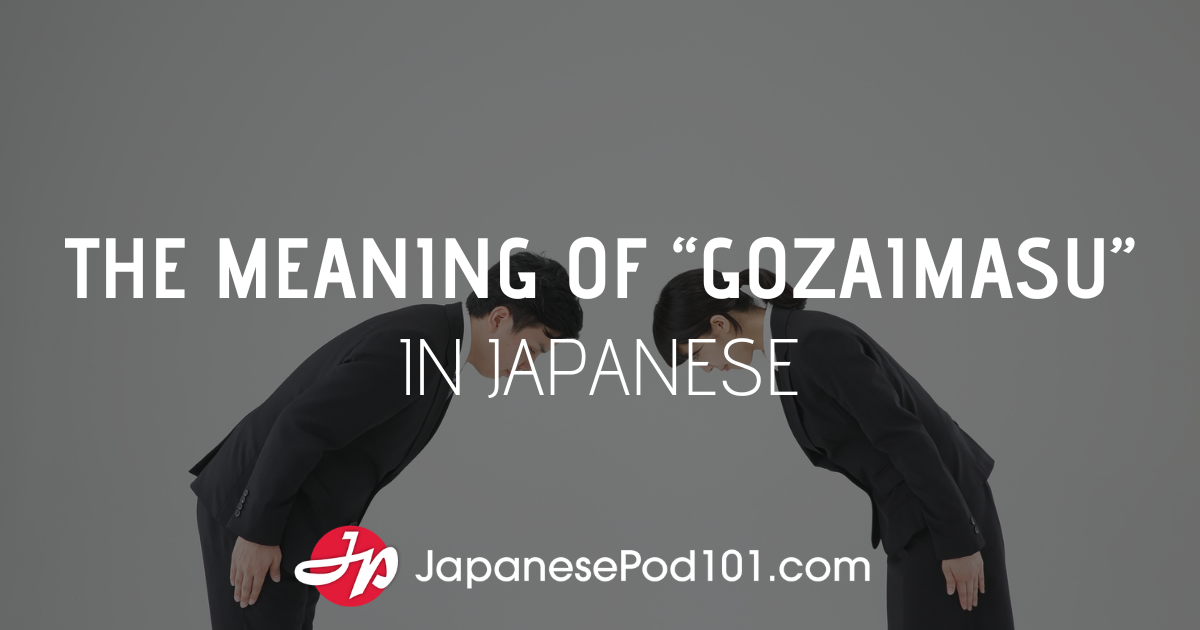In February, you may have heard a JapanesePod101.com podcast with the following expressions:
食べ放題 (tabehōdai: all-you-can-eat)
to eat + as much as one would like (last 2 chars.)飲み放題 (nomihōdai: all-you-can drink)
to drink + as much as one would like (last 2 chars.)
The noun suffix -放題 (-hōdai: as much as one would like), which doesn’t break down in a useful way, enables one to act with great abandon. Consider these fun words:
勝手放題 (kattehōdai: doing whatever one pleases)
one’s own way (1st 2 chars.) + as much as one would like
(last 2 chars.)Together, the first two kanji mean “one’s own way.” They also mean “convenience,” “circumstances,” and “kitchen”!
自由放題 (jiyūhōdai: as freely as one pleases, to one’s heart’s
content) as one pleases + to be based on + as much as
one would like (last 2 chars.)Together, the first two kanji mean “freedom.”
好き放題 (sukihōdai: self-indulgence; doing as one pleases)
to like + as much as one would like (last 2 chars.)
言いたい放題 (iitaihōdai: saying all one has to say (usually negative, e.g., complaints, insults))
to say + as much as one would like (last 2 chars.)
A sample sentence with the last word:
腹立ち紛ぎれに彼は言いたい放題のことを言って、帰って行った。
Haradachimagire ni kare wa iitaihōdai no koto o itte, kaette itta.
In a fit of anger, he said everything he wanted to say and went home.
Not a bad way to go! I like seeing iita, itte, and itta in the rōmaji version!
腹立ち紛れ (haradachimagire: fit of anger)
belly + to stand up + suffix meaning “in a
fit of”A native speaker tells me that when you’re angry, it feels as if your stomach stands up, hence the breakdown.
彼 (kare: he)
言 (i(u): to say)
帰 (ka(eru): to return)
行 (i(ku): to go)









